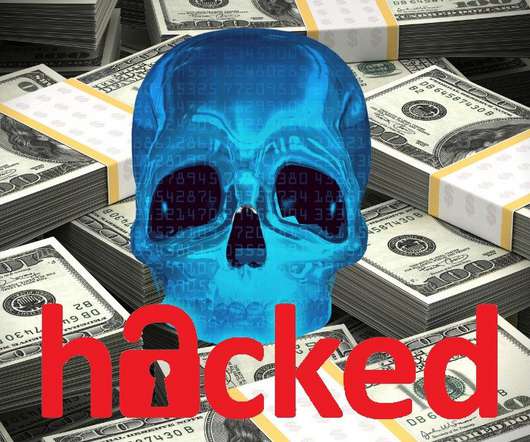Insurance and Ransomware
Schneier on Security
JULY 1, 2021
Here’s one more contribution to that issue: a research paper that the insurance industry is hurting more than it’s helping. Although it is a societal problem, cyber insurers have received considerable criticism for facilitating ransom payments to cybercriminals.


















Let's personalize your content